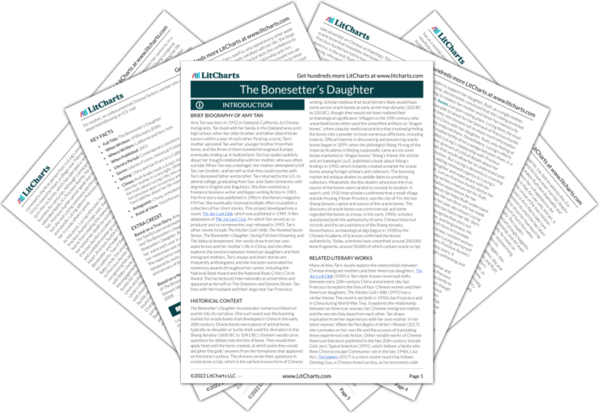In speculating that “mystery is a wonderful part of life,” Mr. Tang points to the opportunity that mystery affords one to piece together the details of one’s life and author one’s own story. While the fleetingness and unreliability of memory mean that one must constantly revise, edit, and translate that story, the process of creating it, revising it, and engaging with it is part of what makes life meaningful and full of wonder.
